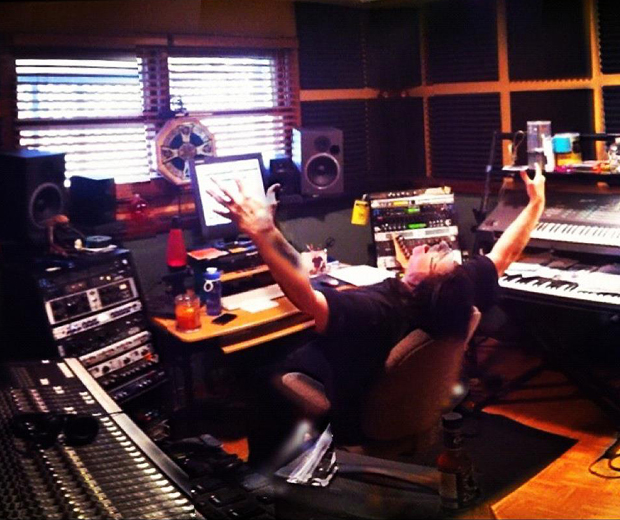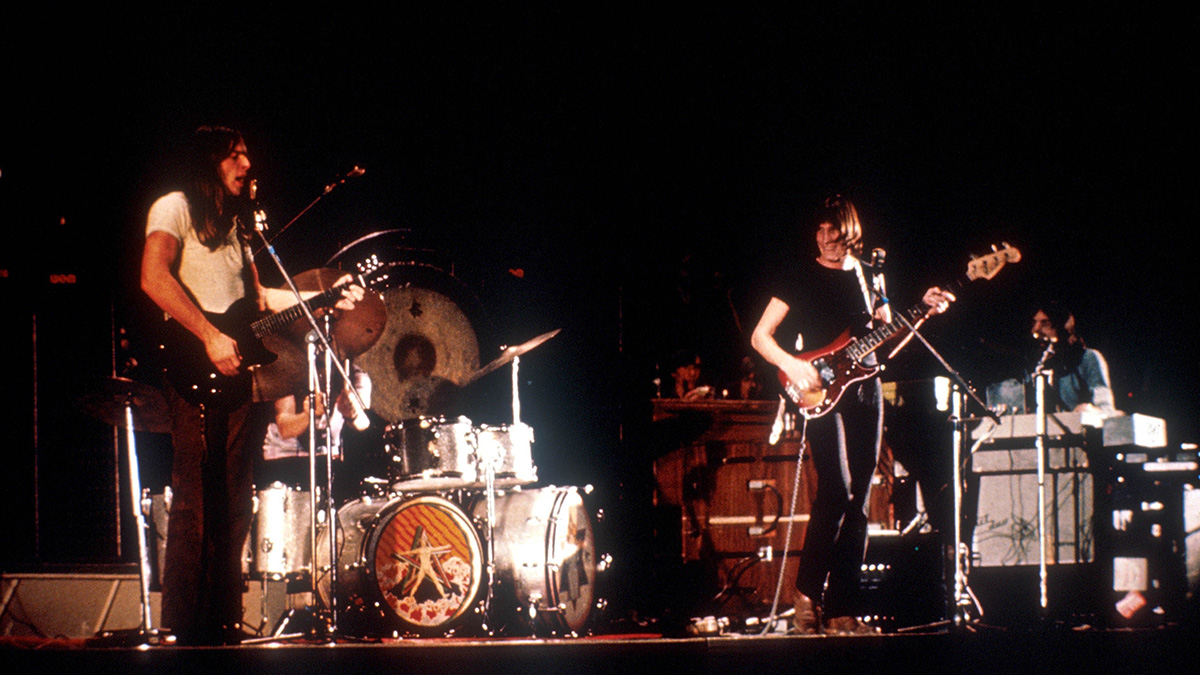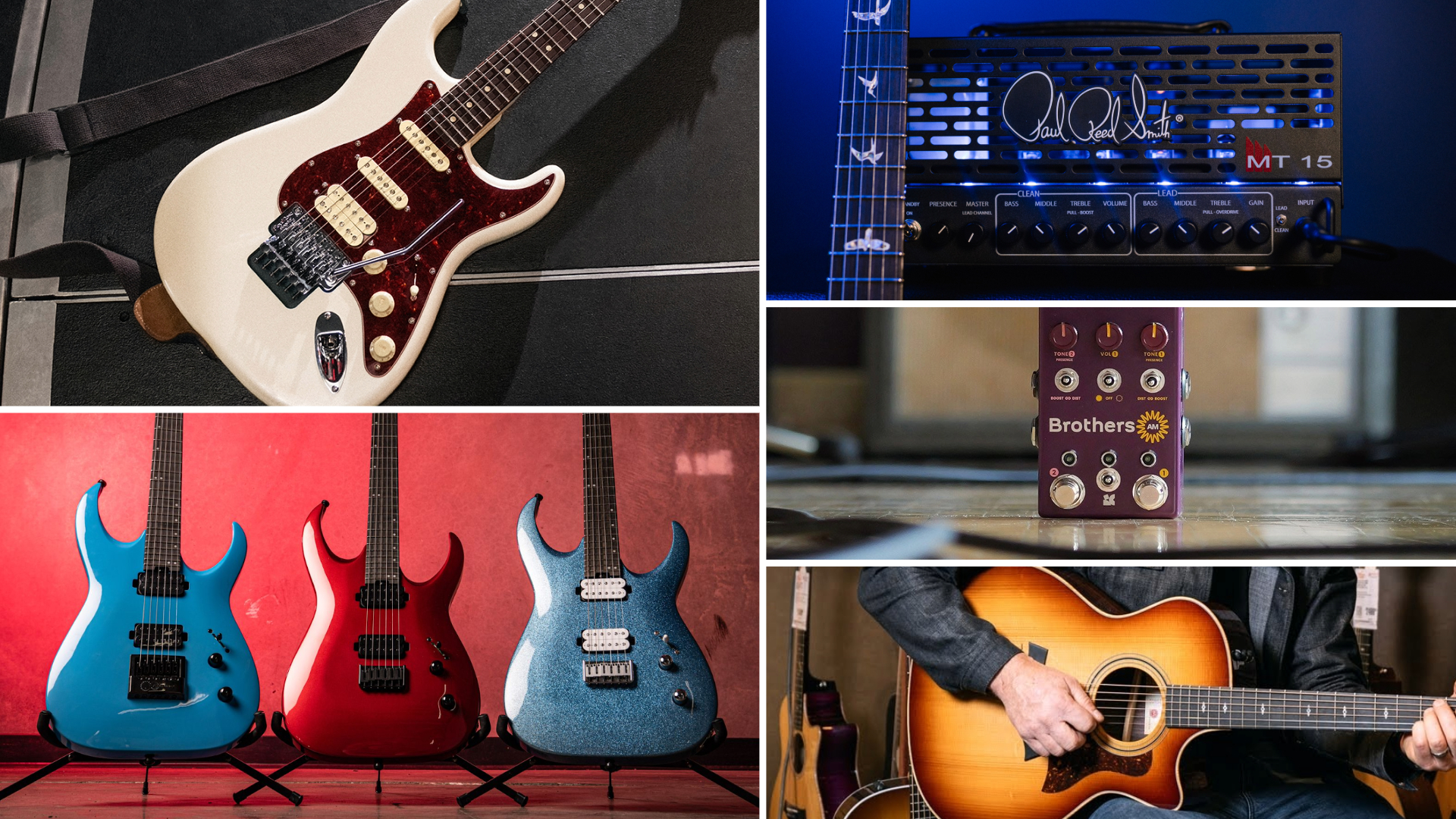Session Guitar: What You Can Offer Clients to Increase Your Value As a Session Player

Hi, gang!
I've been busy, busy, busy in the studio!
Today I'd like to talk about how you can increase your value as a studio player.
You might consider yourself a guitarist. I know I do. But because I've studied music, as I am certain many of you have, I have certain other assets to offer clients.
I'm a decent keyboard player in the studio. I stress that because I couldn't do a live gig if you paid me. However, because of midi, combined with my knowledge of theory and studying the styles and sounds of great players, I can fool people into thinking I'm a keyboard player. I also can sing, play drums and program incredibly realistic-sounding drums that fool many drummers. Bass? No problem!
Allow me to offer a perfect example using a session I'm working on now.
I received an email through my website. The client was looking for a guitarist to play on his tracks. (You DO have website, don't you? I use Bandzoogle.) My rates are clearly posted. He sent a track consisting of stems, submixes of drums, percussion, bass, guitars, keys and vocals. This way, I can mix to taste. A chart and BPM are always requested and supplied. I check the files' bit and hertz to make sure I will be supplying compatible files the client doesn't have to change. Be thorough. Be professional.
Get The Pick Newsletter
All the latest guitar news, interviews, lessons, reviews, deals and more, direct to your inbox!
I added what I thought to be appropriate parts consisting of many different sounds. Heavy to shimmering, direct clean sounds. I gave several options and sent it off. He was quite pleased and used only the tracks he liked, which is fine. Now I know what he likes to hear! He asked me to play on a few more songs, and each time I was able to have him use more and more tracks. I know what he liked now. And even better, I gained his trust.
I noticed some weakness in the keyboard parts consistently. The keys sounded like head arrangements as opposed to well-thought-out parts. I politely offered to try something on keys for him. If he didn't like it, there'd be no charge. It was a gamble, but I didn't want my guitar parts to be heard next to someone playing bad notes! Always show yourself in a good light! Anyway, Hhe agreed and was happy. So happy, that I played keys on five more songs. You can see where this is leading, right?
On another song, I replaced all the instruments, and he used 12 out of 15 tracks. I'm adding backing vocals to some of the songs. I suspect I might end up mixing the project. I'm "inside" now and part of the production team. Why? Because I cared. I became part of the project. I showed that I cared. I went the extra mile. This is what it takes these days. It is an incredibly hard, competitive business. But you can't be in it just for the money. That will come if you deserve it.
So, what are your assets? What else can you offer a client? If the door is there to be opened, will you have the guts to lay yourself out there and take the chance?
Ron Zabrocki is a session guitarist from New York, now living in Connecticut. Says Ron: "I started playing at age 6, sight reading right off the bat. That’s how I was taught, so I just thought everyone started that way. I could sight read anything within a few years, and that helped me become a session guy later in life. I took lessons from anyone I could find and had some wonderful instructors, including John Scofield, Joe Pass and Alan DeMausse. I’ve played several jingle sessions (and have written a few along the way). I’ve “ghosted” for a few people who shall remain nameless, but they get the credit and I get the money! I’ve played sessions in every style, from pop to jazz.
"Upgrading from your entry-level acoustic opens the door to an entirely new world of tonewoods, body shapes, and brands": 6 signs it's time to upgrade from your first acoustic guitar
"I'm past my prime": 5 common excuses for not learning the guitar – and 5 body and mind-boosting reasons you should









